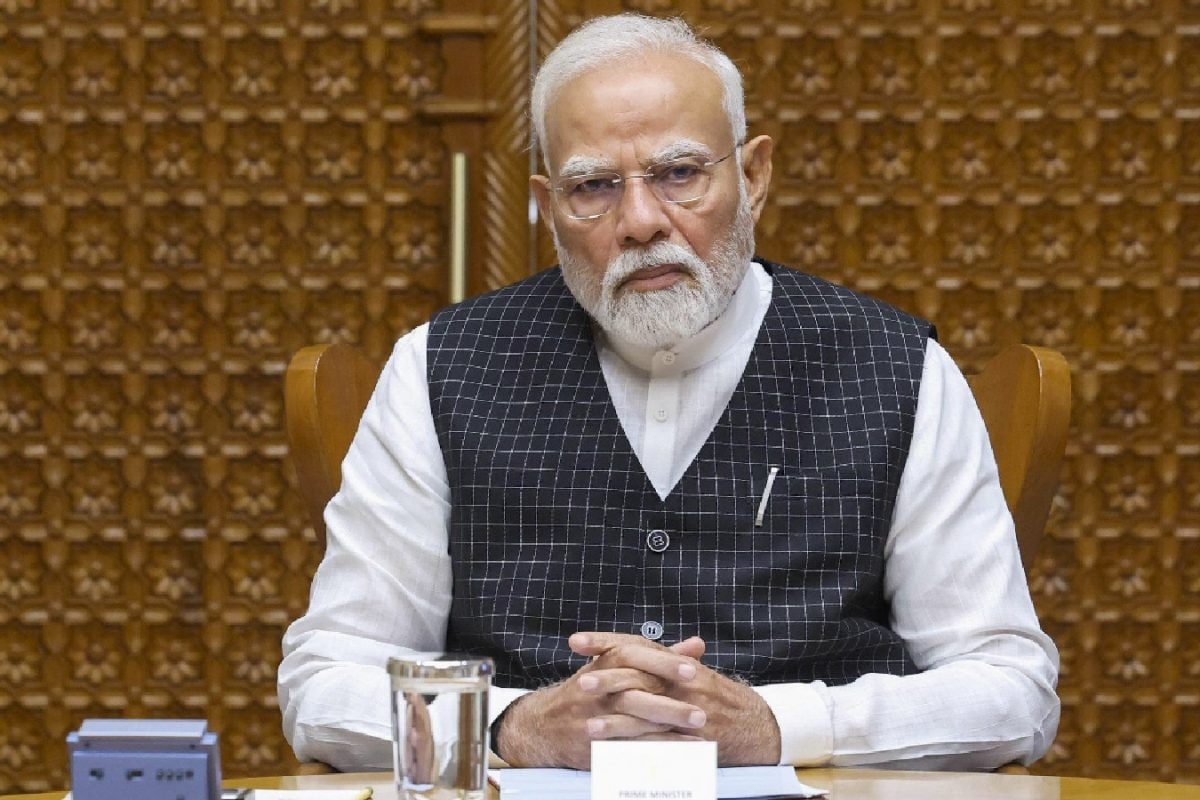

In the wake of the deadly terror attack in Pahalgam, Jammu and Kashmir on April 22, which claimed the lives of 26 people, mostly tourists, India launched "Operation Sindoor" in early May 2025. The operation was a response to the attack, which India blamed on Pakistan. Pakistan denied the charges and called for a neutral investigation.
The operation's name, "Sindoor," which refers to the vermillion worn by married Hindu women, was chosen as a deliberate symbol of grief, memory, and resolve, evoking the widows of the Pahalgam attack. Prime Minister Narendra Modi himself suggested the codename.
According to Indian officials, "Operation Sindoor" was designed with the clear military objective to punish the planners and perpetrators of terrorism, as well as to destroy terror infrastructure. The strikes targeted nine terror infrastructures in Pakistan and Pakistan-occupied Kashmir (PoJK). Lt General Rajiv Ghai, the Director General of Military Operations (DGMO) of the Indian Army, stated that over 100 terrorists, including high-value targets involved in the IC814 hijack and the Pulwama blast, were killed in the strikes.
PM Modi, along with National Security Advisor (NSA) Ajit Doval and a team of national security and military experts, played a crucial role in the planning and execution of "Operation Sindoor". Modi held more than 15 meetings with the NSA, armed forces chiefs, RAW chief, and the Chief of Defence Staff in the 12 days leading up to the operation, and he monitored the mission from 7 Lok Kalyan Marg.
During a conversation with US Vice President JD Vance, PM Modi stated that India had achieved all three objectives with "Operation Sindoor". He emphasized that the Indian Armed Forces had destroyed terrorist camps in Pakistan, specifically mentioning Bahawalpur, Muridke, and Muzaffarabad. Modi also conveyed a firm message: cross-border terrorism and the Indus Water Treaty could not coexist, suggesting the treaty would be in abeyance until Pakistan ceased its support for terrorism.
The Indian Army, Air Force, and Navy were all involved in "Operation Sindoor". The Indian Air Force (IAF) deployed SCALP missiles from Rafale jets and Spice-2000 munitions. Air Marshal AK Bharti, the Director General Air Operations (DGAO) of the IAF, stated that the Air Force struck Pakistan's air bases, command centers, military infrastructure, and air defense systems across the entire Western Front. The Army utilized drones and precision munitions from UCAVs. These joint strikes, meticulously planned under Doval's supervision, led to the destruction of terrorist hideouts.
Following the Indian strikes, Pakistan reportedly retaliated with attacks using drones and other munitions. The Indian forces responded, claiming to have "neutralized" Pakistani attempts to strike military targets, including air bases. The Pakistan Army reportedly lost approximately 35 to 40 personnel in artillery and small arms fire on the Line of Control (LoC) between May 7 and May 10.
After days of escalating tensions, India and Pakistan reached a ceasefire agreement on Saturday, with the understanding that hostilities would cease from 5 PM IST. However, the ceasefire was short-lived, as Pakistan violated the agreement with shelling along the LoC and drone activities. India responded strongly, reiterating that any further transgressions would be met with a "befitting response".
Despite the ceasefire agreement, government sources indicated that "Operation Sindoor" was not over, and a "new normal" had been established in India's response to cross-border terrorism. PM Modi reportedly directed the armed forces to respond decisively to any Pakistani aggression, stating that "bullets must be responded to by artillery".
Defence Minister Rajnath Singh asserted that "Operation Sindoor" was not just a military action but a symbol of India's political, social, and strategic willpower. He emphasized that India's intention was not only to dismantle terrorist infrastructure but also to send a message that such bases are not safe on either side of the border. Singh also highlighted the restraint shown by the Indian armed forces, who never targeted civilians in Pakistan.
"Operation Sindoor" has had a significant impact on India-Pakistan relations. The operation has demonstrated India's resolve to combat cross-border terrorism and its willingness to take military action to protect its interests. The situation remains tense, and the future of the relationship between the two countries is uncertain.